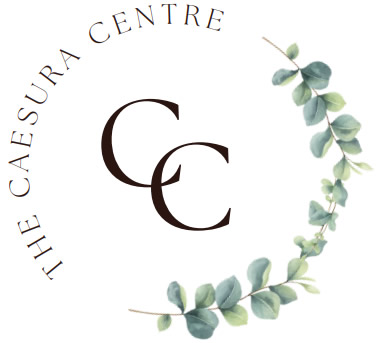
As the clock strikes midnight, signaling the end of one year and the beginning of another, millions of people around the world engage in the timeless tradition of setting New Year’s resolutions. These promises to oneself, often centered around self-improvement and personal growth, have become a universal practice. While the enthusiasm behind these resolutions is commendable, studies suggest that a significant percentage of people struggle to maintain their goals throughout the year.
But have you ever wondered about the origins of this annual ritual?
Ancient Beginnings
The practice of making resolutions at the start of a new year has ancient origins. The ancient Babylonians are credited with being among the first to make New Year’s resolutions, at around 4,000 years ago. Their new year celebrations (which took place in March, during the vernal equinox), involved making promises to the gods to repay debts and return borrowed items.
Similarly, the Romans observed a similar tradition with the beginning of their calendar year in March. Janus (the god of gates), was symbolic of transitions and new beginnings. It is from Janus that the month of January gets its name. Romans believed that by making promises to Janus, they could gain favour for the coming year.

Religious Roots
The tradition of making resolutions found its way into religious practices as well. In Christianity, the concept of New Year’s resolutions aligns with the idea of self-reflection and repentance, during the liturgical season of Lent. Many Christians commit to fasting, prayer, and acts of penance during this time, using it as an opportunity for personal improvement.
Medieval and Early Modern Resolutions
During the medieval and early modern periods, the tradition of making resolutions continued to evolve. The practice of “watchnight services” on New Year’s Eve also became popular in some Christian denominations. These services involved reflecting on the past year and making resolutions for the year ahead.
The 18th century saw the emergence of the modern New Year’s resolution as we know it today. The practice became more secular and extended beyond religious observances. The popularity of personal improvement and self-help literature contributed to the rise of resolutions focused on individual goals and aspirations.
20th Century and Beyond
In the 20th century, the idea of making New Year’s resolutions became deeply ingrained in popular culture. The practice was reinforced through media, with magazines and newspapers publishing articles on how to set and achieve resolutions. The advent of radio and television further spread the tradition, making it a global phenomenon.
In the 21st century, New Year’s resolutions continue to be a widely embraced tradition. However, the focus has shifted beyond personal habits and behaviors to include broader concerns such as environmental sustainability, social justice, and global wellbeing. Technology has also played a role, with the rise of social media providing a platform for individuals to share their resolutions and progress.

Setting your New Years Resolutions
Before diving into the future, it’s essential to reflect on the past year. Take a moment to celebrate your accomplishments and acknowledge the challenges you’ve overcome. Understanding the lessons learned from both successes and setbacks provides valuable insights that can inform your resolutions for the coming year.
Setting Realistic Goals: One common pitfall in resolution-setting is aiming too high or setting vague, unrealistic goals. Instead, focus on creating specific, measurable, achievable, relevant, and time-bound (SMART) objectives. Break down larger goals into smaller, manageable steps, making it easier to track progress and stay motivated.
Prioritise Health and Wellness: A popular favourite among resolutions involves health and wellness improvements. Whether it’s adopting a more active lifestyle, making healthier dietary choices, or prioritising mental wellbeing, the key is to establish sustainable habits. Consider incorporating activities you genuinely enjoy, fostering a positive and long-lasting impact on your overall well-being.
Cultivating Personal Growth: New Year’s resolutions provide an excellent opportunity for personal growth. Identify areas of your life where you’d like to evolve and set goals that align with your values and aspirations. This might involve acquiring new skills, pursuing educational opportunities, or fostering stronger interpersonal relationships.
Embracing Mindfulness and Balance:In our fast-paced world, it’s easy to get caught up in the hustle and bustle of daily life. Resolve to bring more mindfulness and balance into your routine. This could include incorporating meditation, mindfulness practices, or simply setting aside time for activities that bring you joy and relaxation.
Building a Support System: Accountability is a powerful tool when it comes to achieving resolutions. Share your goals with friends, family, or a support group, and consider partnering with someone who shares similar aspirations. Having a support system can provide encouragement during challenging times and celebrate successes together.
Staying Resilient: It’s normal to encounter obstacles along the way, and setbacks are part of the journey. The key to success is resilience. Instead of viewing challenges as roadblocks, see them as opportunities for growth. Adjust your approach as needed, learn from experiences, and stay committed to your goals.
As we stand on the cusp of a new year, let us embrace the opportunity for self-improvement and positive change. Here’s to a year of growth, resilience, and the fulfillment of your most cherished resolutions!
Useful websites
Go Skills – 10 most common new year’s resolutions
British Psychology Society – the psychology behind making new year’s resolutions stick
ExperiencePoint – the psychology behind new year’s resolutions



